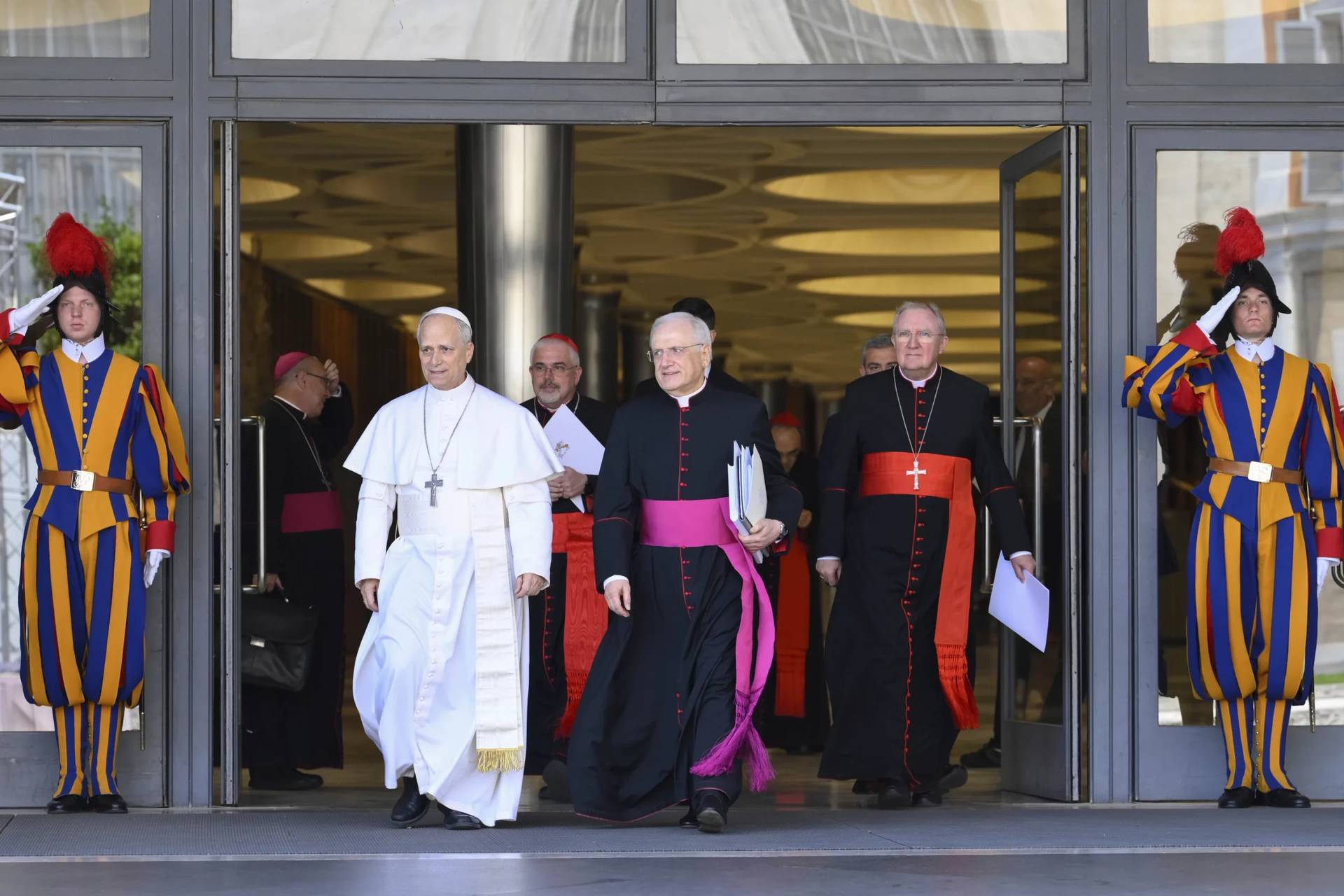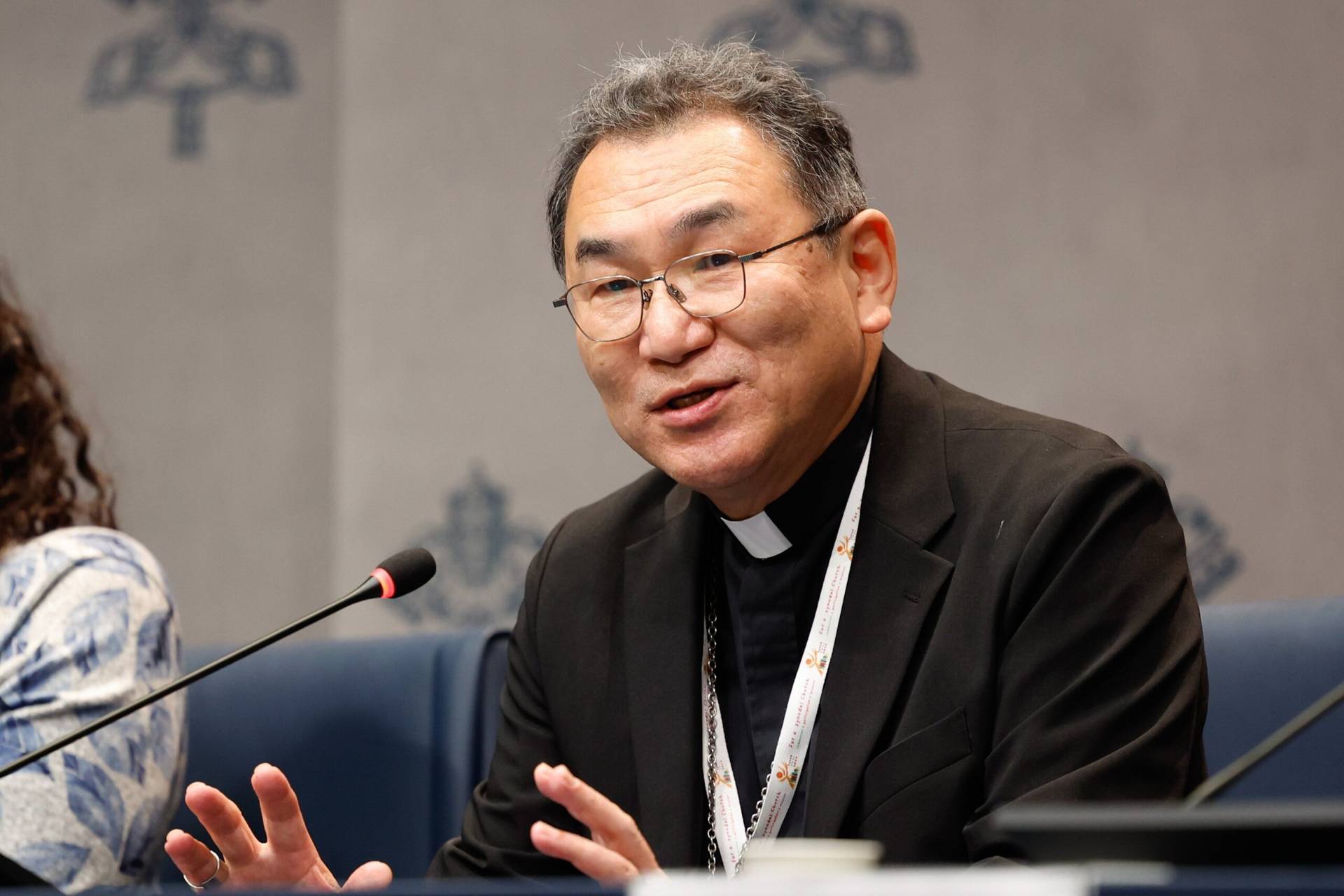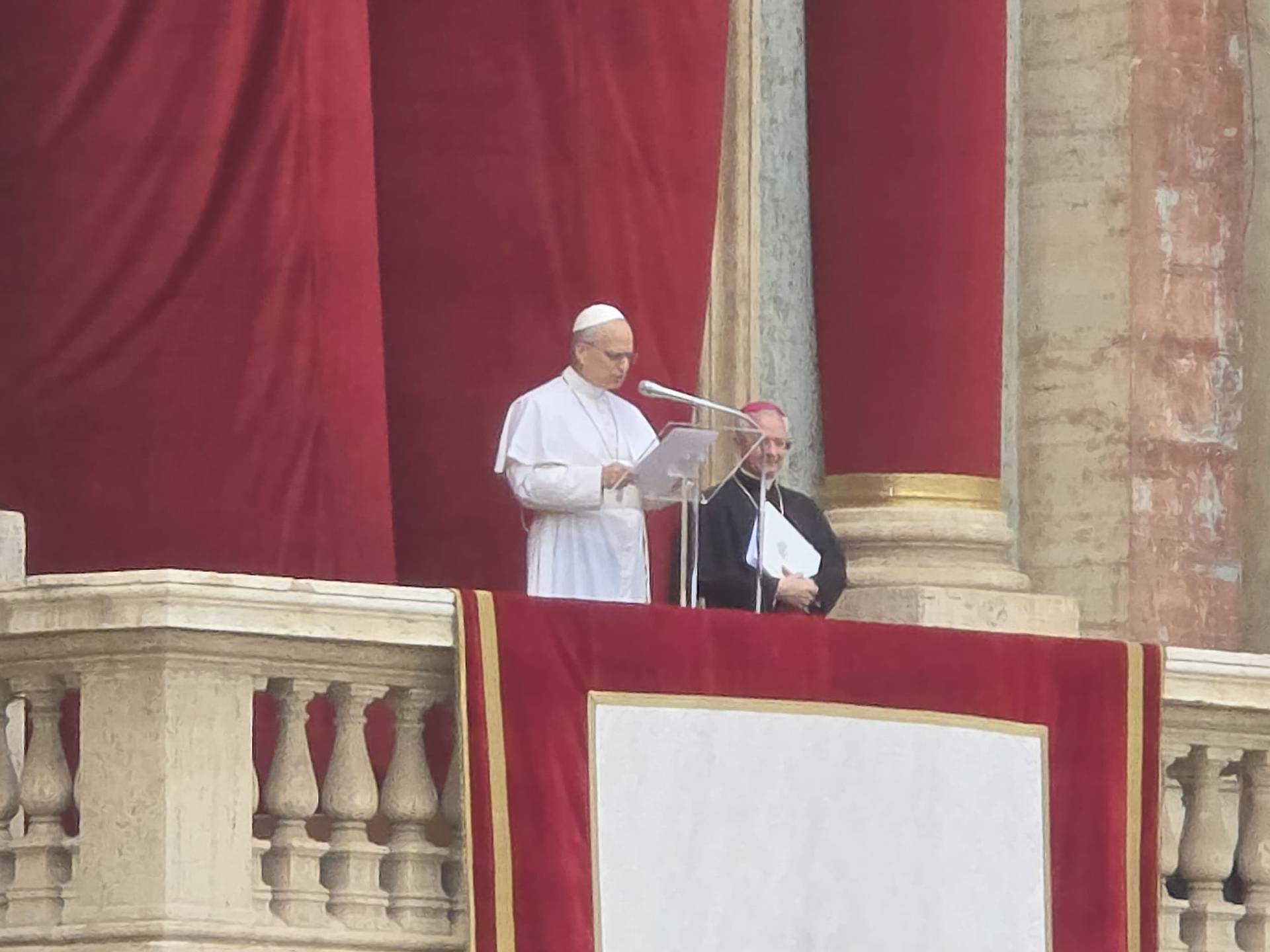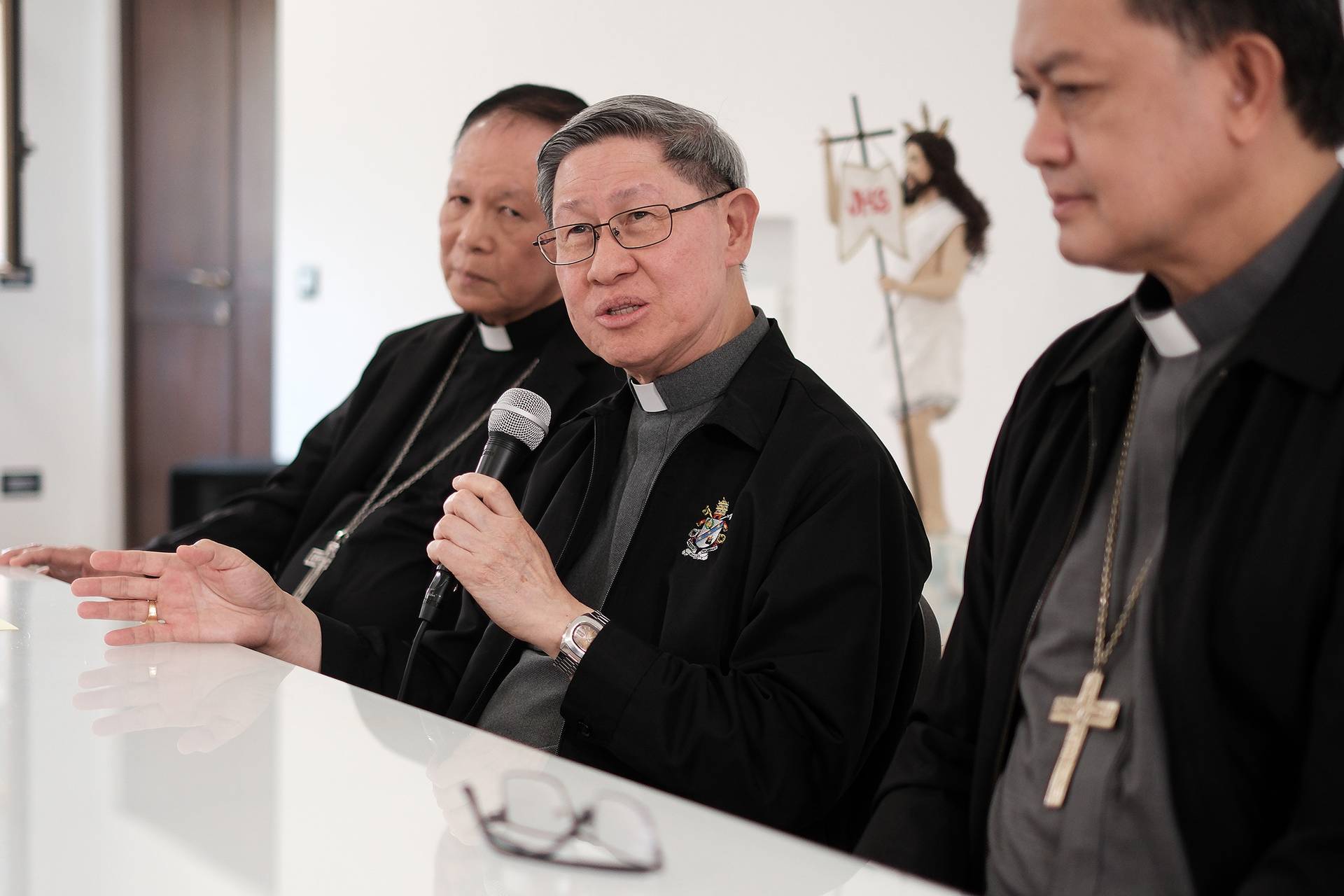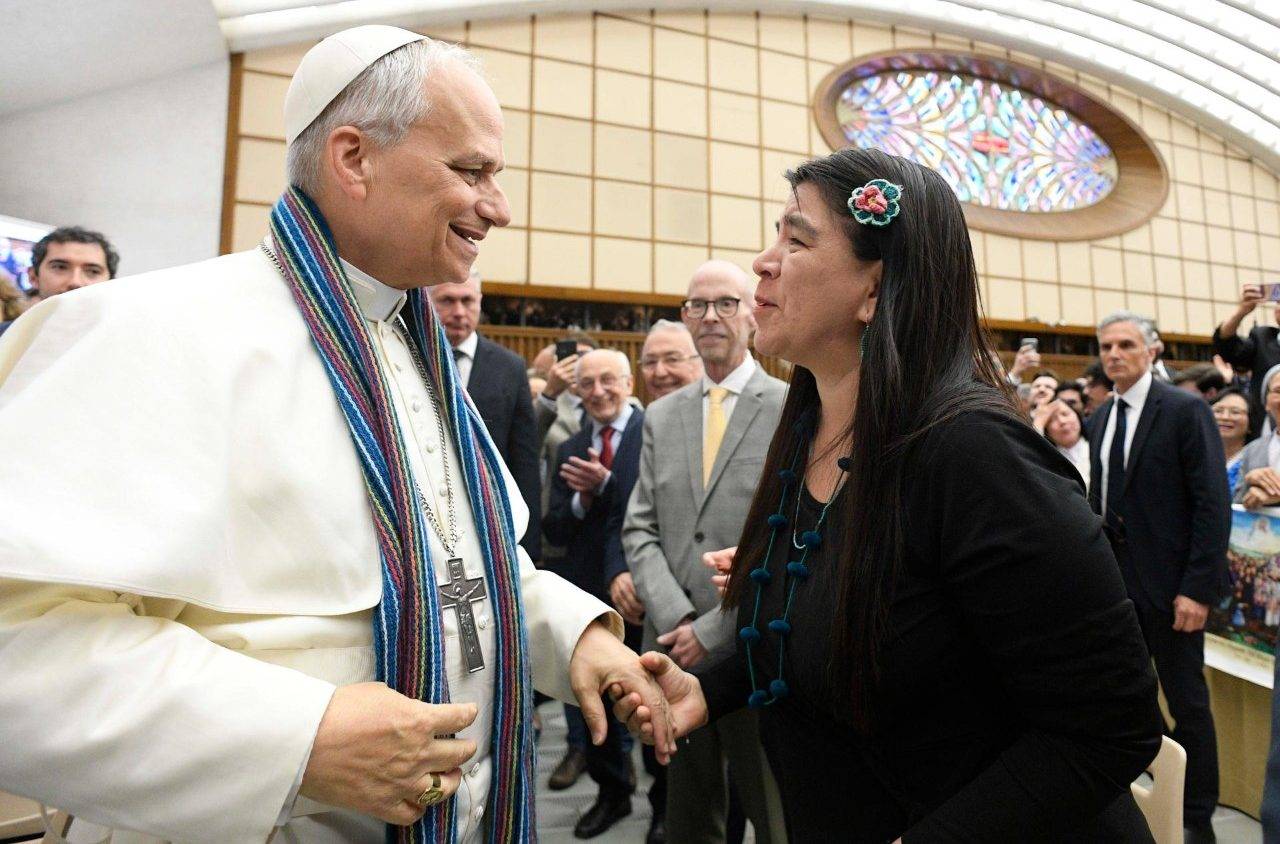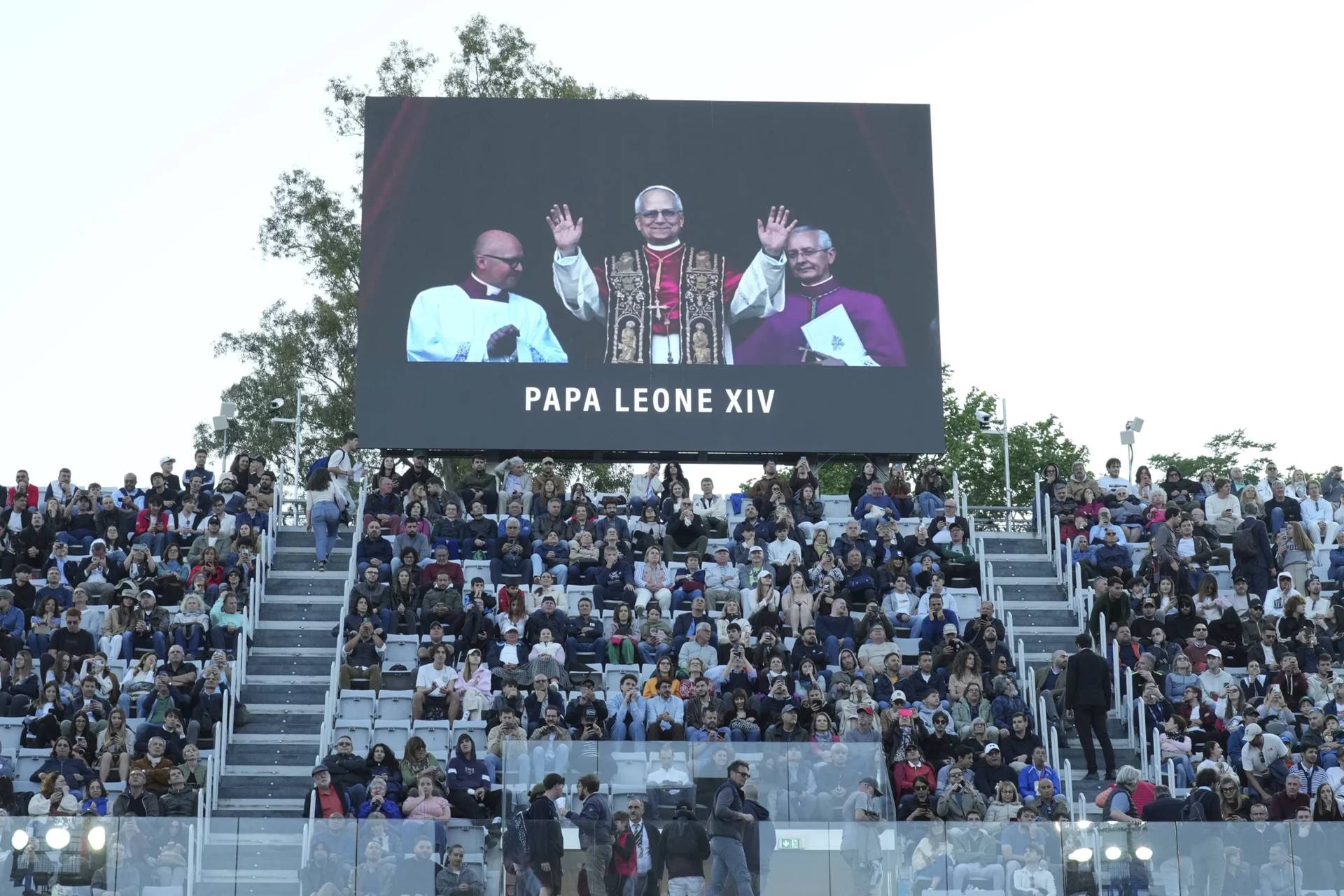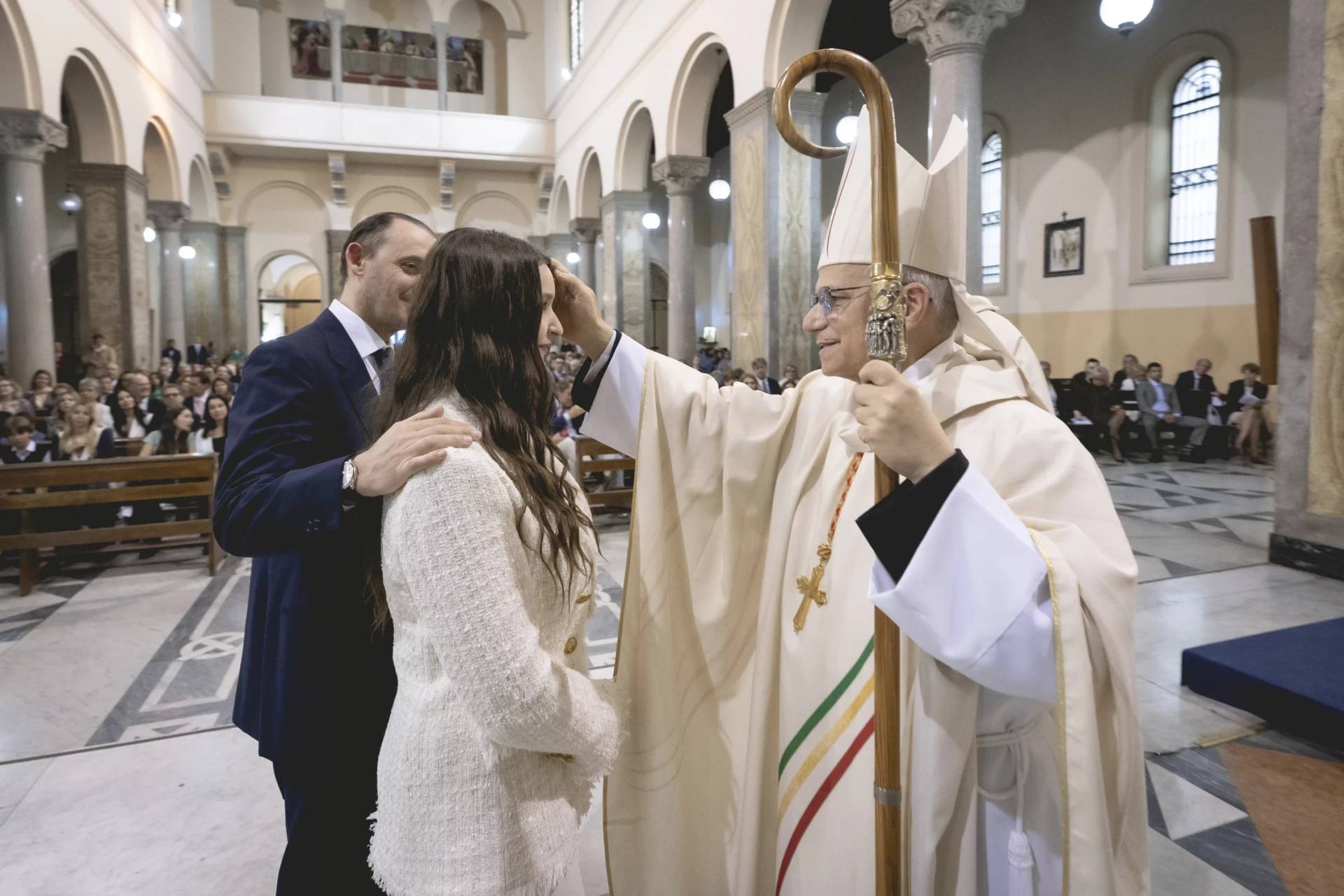ROME – In his message for the World Day of the Poor, Pope Francis expressed his hope that it be “celebrated in the spirit of joy for the rediscovery of our capacity for getting together,” with an emphasis on the importance of collaboration — not just among religious groups but also with secular ones.
The title of the message, “This poor man cried, and the Lord heard him,” is drawn from a Psalm and represents an opportunity, the pope wrote, “to understand who are the true poor on whom we are called to look upon in order to hear their cry and recognize their needs.”
“The condition of poverty cannot be expressed in a word, but becomes a cry which crosses the heavens and reaches God,” the text said.
Francis inaugurated the World Day of the Poor at the end of the Jubilee Year of Mercy in 2016, and this year it will take place on November 18. The pope symbolically signed the message on June 13, the feast of St. Anthony of Padua, patron of the poor.
The day before the event, on November 17, a vigil will be held at Rome’s Basilica of St. Lawrence Outside-the-Walls, with volunteers and humanitarian associations who work in service of the poor. The World Day of the Poor will start at 9:30 when Francis will meet with the poor in St. Peter’s Basilica.
About 3,000 poor people will then join the pope for lunch at the Paul VI hall in the Vatican. Parishes who join the initiative will also offer a lunch to those in need: “Praying together as a community and sharing a Sunday meal is an experience which takes us back to the earliest Christian community,” the pope wrote.
Throughout the entire week a health post will be available in Piazza Pio XII, — located just off of St. Peter’s Square — offering health services for the poor, including dermatology, gynecology and andrology tests as well as quick response clinical analysis. The Vatican’s Health Department, with experts from Roman universities, will take part in the initiative, which last year offered free care for almost 600 people.
The World Day of the Poor “is an invitation to encounter the different forms of suffering and marginalization in which many men and women whom we are used to designating with the term ‘poor,’ live in,” said Italian Archbishop Rino Fisichella, president of the Pontifical Council for the Promotion of the New Evangelization.
During the presentation of the document on Thursday, the archbishop said the grant that will fund these initiatives will be provided by the Church, and the details will be made available on the council’s site as soon as June 2.
Cooperation is key before the “immense world of poverty,” the pope said, and it’s essential in order to have an efficient and coordinated approach. “Often it is the case that cooperation with other enterprises, moved not by faith but by human solidarity, enable us to give assistance which by ourselves would have been impossible,” Francis wrote.
The pope promoted dialogue among secular and religious organizations working to help the poor and condemned “seeking the limelight,” adding that, “in the service of the poor, the last thing we need is a battle for first place.”
“The poor have no need of protagonists, but of a love which knows how to hide and forget the good which it has done,” Francis wrote. “The true protagonists are the Lord and the poor.”
Fisichella said that the pope’s message is “a strong provocation to listen to the voice of the poor’s cry,” and in it Francis calls faithful to “a serious examination of conscience” on whether they hear that cry.
Francis’s message is articulated in three key verbs, and the first is “to listen” by putting one’s own self aside. The pope warns of the danger of being self-referential in assisting the poor. “Often I am afraid that many initiatives, by themselves meritorious and necessary, are intended more to please those who undertake them than to really acknowledge the cry of the poor,” he wrote.
This approach, he added, makes people’s reaction incoherent and creates the illusion of believing “that a gesture of altruism is sufficient without compromising ourselves directly.”
The second verb is “to answer,” and while the pope says that only God can truly “restore justice and assist in beginning anew to live life with dignity,” the World Day of the Poor can also provide an opportunity to make a difference, however small.
“The World Day of the Poor wishes to be a small answer which the whole Church, spread throughout the world, gives to the poor of every type and in every land lest they think that their cry has gone unheard,” Francis wrote, adding that this probably is “like a drop of water in the desert of poverty.”
The last verb is “to free,” which can only take place though “a concrete and tangible proximity,” the message reads.
Often, the pope said, “the poor are reached by voices rebuking them and telling them to shut up and to put up.” This “phobia of the poor” is in stark contrast with the message of the Gospel, Francis continued.
The pope encouraged religious and the lay faithful to live out “this World Day as a special moment of new evangelization. The poor evangelize us, helping us to discover every day the beauty of the Gospel.”







